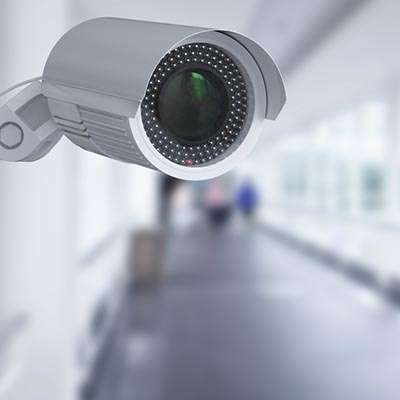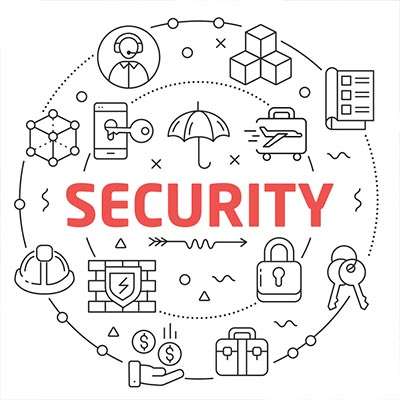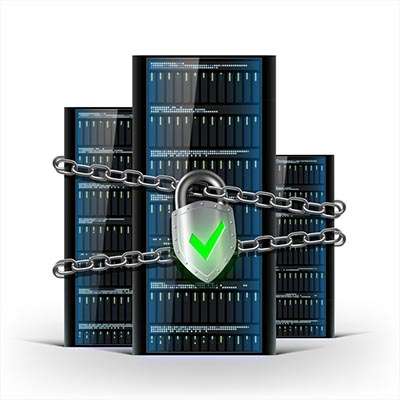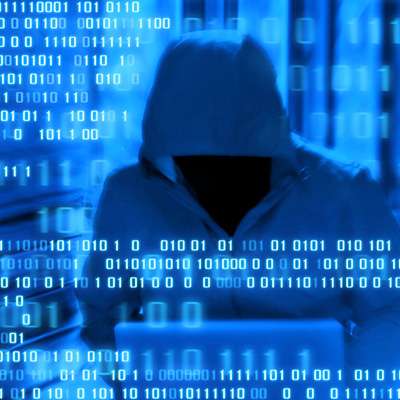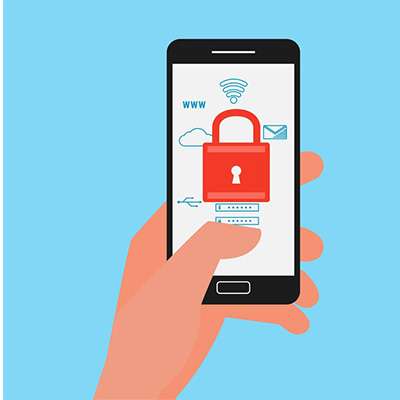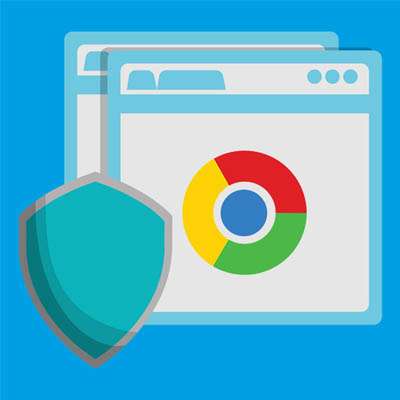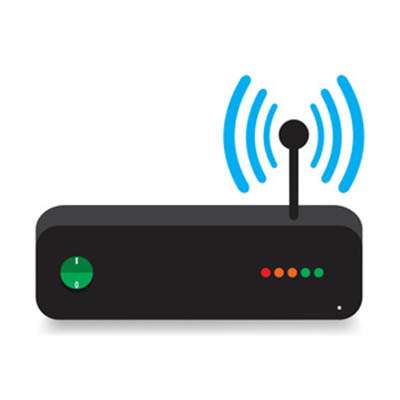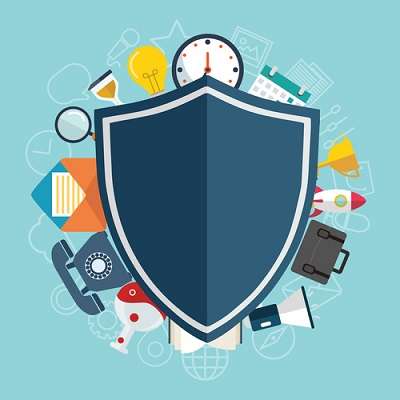Planning for data security isn’t the easiest thing in the world, especially if your business doesn’t have any dedicated security professionals on-hand. While securing your data with traditional methods, like passwords and firewalls is imperative, what measures are you taking to make sure a thief or hacker isn’t just walking into your office and pilfering your technology?
Macro Systems Blog
It seems that to have a computer these days is to have a Google account. If one isn’t utilized for professional purposes, it is utilized as a personalized solution; the convenience and accessibility of these accounts alone are compelling, even before one considers the versatility that this account brings with it. Alas, these benefits can be quickly overshadowed by risk if a Google account’s security is overlooked.
No organization can be successful if it’s constantly suffering from data breaches. Thus, you should take measures to reduce the problems caused by these threats before they present themselves. Listed below are four of the biggest problems your company could encounter in the field of network security.
While the phone remains a convenient communication tool, it has recently been the cause of a large amount of stress from businesses and users alike. While caller ID was also once a convenient tool to help stop spam calls, we now cannot trust the numbers it provides. Allowing personal calls go to voicemail to check them is one thing, but a business shouldn’t have to resort to that. What can they do?
It's easy underestimate the importance of monitoring your solutions. Nevertheless, the advantages of tenacious monitoring were recently thrust into the spotlight when 24 spammers were arrested in October by the Delhi Police’s cyber cell for impersonating Microsoft support staff and duping American citizens.
Some people may be surprised to learn that your mobile device holds a significant amount of personally identifiable information on it. This has triggered many users to secure their phones at all times, but others simply ignore the threat. Because Google makes it so easy, there’s no excuse for Android users not to secure their devices. Listed below is how you can do it.
With a limited market share that is one-third the size of Google’s, you would think that Bing would be trying to keep controversy away from a user’s search results. Nonetheless, the Microsoft search engine has recently experienced a few notable PR disasters that may be enough to persuade some not to use it.
Every business owner must contemplate how to approach network security. This is especially true with the continuously-growing list of threats that face their organization’s network from simply being connected to the Internet. It may sound like an overstatement, but when considering what some huge corporations have dealt with very recently, it becomes evident that figuring out how to approach cybersecurity is one of the most vital considerations any business owner has to make.
Business owners: do you ever feel like you need to walk around on eggshells when it comes time to implement a new process or policy with your workers? Does it seem like your employees fight back tooth and nail when there is any technology alteration or IT restriction? You aren’t the only one who feels this way.
While we do discuss ways to keep your business more secure, unfortunately, we also have to discuss how to keep yourself more secure against a business. Walmart recently filed a patent that could potentially be used to undermine the security of everyone there, from shoppers to employees. Let's dig into the jargon in the patent to give you a better look at the situation.
It's inevitable that employees will bring their mobile devices to work, even if the boss bans them. Instead of worrying about these workers wasting time during the day, try turning those devices to your advantage. There are more tools out there than ever before to not only add smartphones to your workflows, but to make them profitable and valuable for your business.
When you are browsing the internet, do you know if you are secure? Most of the time your browser will let you know when a site is secure or not. This is especially critical if you are putting in sensitive information, such as passwords or credit card numbers. Google Chrome is upgrading it’s game to keep users safe.
Taking into consideration the leaks and vulnerabilities that have been brought to light over the past few years, network security is a critical priority for every organization. One problem many have is that while they are protecting their network and infrastructure from threats outside the business, there are real threats coming from the inside. Below we examine four ways threats can cause havoc from inside your business.
Some cyber threats out there are dangerous enough to cause major entities to warn against them. Specifically, a recent malware called VPNFilter has been deemed hazardous and prevalent enough that the FBI has addressed it. Since the malware targets routers, it has significant potential to become a considerable problem for your business.
Blockchain is one of the most recent and greatest developments to arrive in the computing industry. The spotlight is on Bitcoin, Litecoin, Ether, Dogecoin, and a few other cryptocurrencies that take advantage of the blockchain, but it’s important to realize that it’s not exclusive to cryptocurrencies. Blockchain has numerous great uses, with some of the most critical being cyber security, transparency, and privacy.
Cryptocurrencies are one of the most popular uses of blockchain technology; although their values seem to have decreased a little since the volatile growth they experienced a few months ago, that has not stopped people from seeking them out. Naturally, where there’s money to be made, there's going to be cybercriminals nearby.
It’s not difficult to overlook the importance of network security if you run a small business; you may think your operation is too small to be the target of malicious attacks. Unfortunately, this dismissive attitude can put your business at risk, as even a simple security problem could be enough to expose you to dangerous entities. To be blunt, we would call it foolish not to secure your business; and one of the most infamous security failings in history originated from this kind of carelessness.

